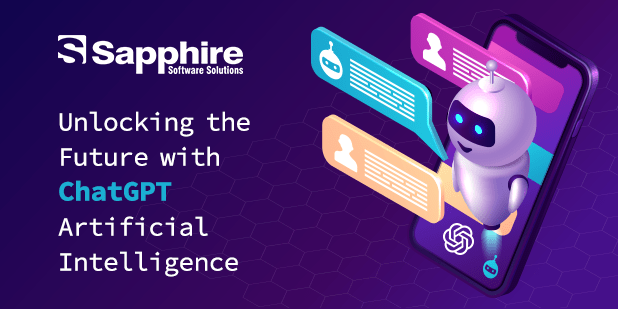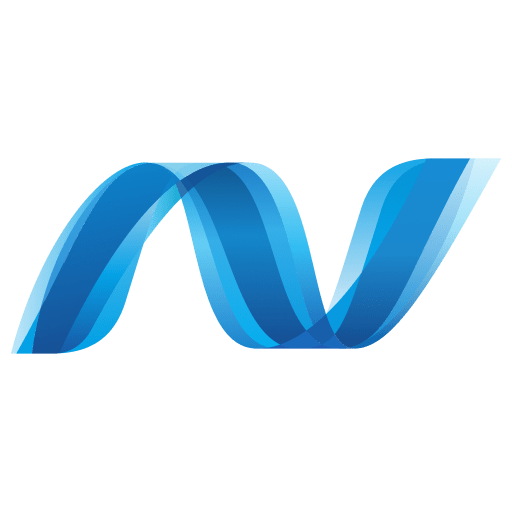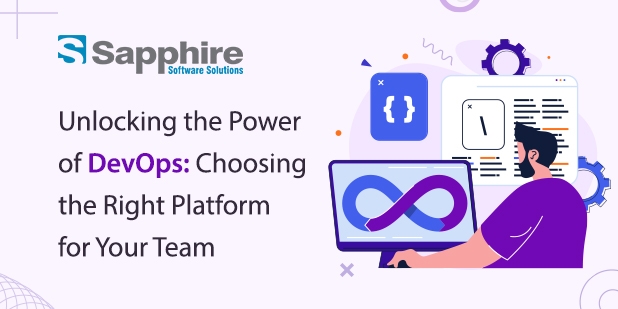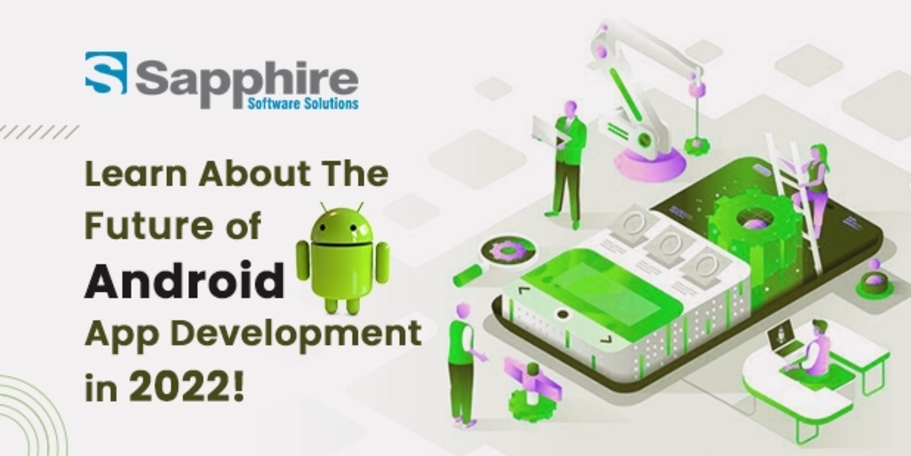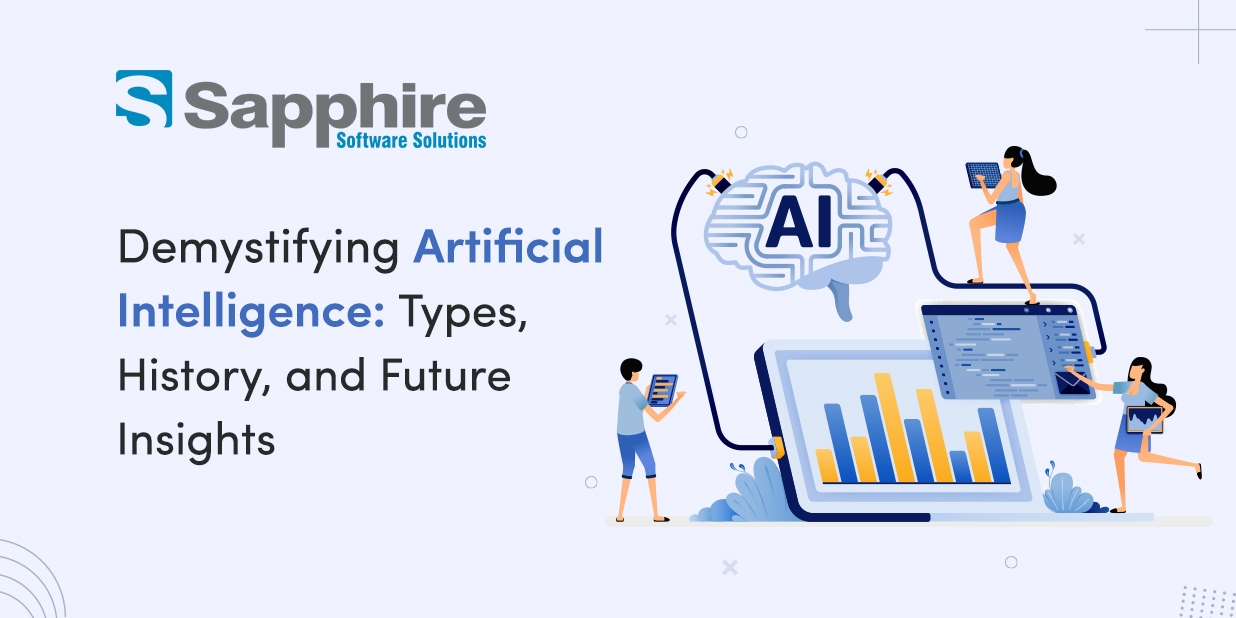Modern technology relies heavily on artificial intelligence, which works in the background to replicate human intelligence and aid us in numerous ways. As AI continues to improve and develop, we see unprecedented advancements.
ChatGPT is here to demonstrate how sophisticated artificial intelligence has evolved by introducing many breakthroughs. Here, we will examine what ChatGPT is, if ChatGPT is free, how it might be used, and its ethical consequences. As an artificial intelligence development company, we have listed everything you need to know about ChatGPT AI.
What is ChatGPT?
ChatGPT is the most sophisticated chatbot to date, capable of answering complicated questions and doing numerous advanced functions, and it is making waves in a number of online venues. This breakthrough chatbot surpasses our expectations when it comes to generative AI. Before we can comprehend the inner workings of ChatGPT, we must first comprehend what it is.
OpenAI, an American artificial intelligence research firm, developed ChatGPT. Even if you are unfamiliar with OpenAI, you have probably seen some of its AI tools online. In addition to ChatGPT being a hot issue, their text-to-image generator DALL.E 2 has lately been a significant topic of conversation across numerous platforms.
ChatGPT is constructed using an upgraded version of GPT-3, an OpenAI-developed AI model for advanced language processing. Built with a staggering 175 billion parameters, GPT-3 is the most extensive and most advanced natural language system to date.
Is ChatGPT available yet?
You’re undoubtedly wondering how you may get this powerful tool to test it yourself. It is important to note that this chatbot is not yet completely developed and deployed. It is presently available for free testing and usage as part of a research preview. The good news is that you can test ChatGPT now.
Will ChatGPT always be free?
ChatGPT is now unlimited and completely free to use. This will likely not always be the case since operating a GPT-3 language model is incredibly expensive, and OpenAI will need to find a means to recuperate these expenditures. One report claims that operating ChatGPT might cost as much as $3 million per month. Sam Altman, the chief executive officer, has also replied to inquiries by stating that they “will have to monetize it in some way at some time.”
How would ChatGPT generate revenue? This, we cannot tell with certainty. This platform might be monetized with adverts and a “cost per inquiry” charge. As their DALL.E network has a pay-per-use pricing model, a charge will probably be assigned to each chatbot user.
Why is ChatGPT offered for free?
OpenAI hopes to collect user comments and suggestions to enhance their final product, which you may submit through the platform. Even though ChatGPT is still in its early phases of development, it has already generated considerable interest and enthusiasm among users.
If you try this chatbot, you may discover that the site has reached capacity. OpenAI had over a million users within five days of its debut. Numerous screenshots of the chatbot went viral across other platforms, accelerating ChatGPT’s rise to notoriety.
What distinguishes ChatGPT from other chatbots?
Undoubtedly, ChatGPT has had a significant influence in its first few months. ELIZA was the first chatbot created in the 1960s. Due to remarkable technology, we’ve gone a long way since then and built a broad array of complex AI tools, such as LaMDA and Replika. Therefore ChatGPT is not the first of its sort.
But what makes ChatGPT unique, and how does it vary from chatbots that existed before it? Let’s find out.
Why is ChatGPT unique?
There are several reasons why ChatGPT is more sophisticated than its predecessors; thus, let’s examine some of the characteristics that set ChatGPT apart from previous chatbots.
1. Conversational skills:
ChatGPT has a deep comprehension of both spoken and written language and a sense of humor. The tool can learn more about language and subtlety than any other sort due to its unique structure.
2. Memory:
One of the unique features of ChatGPT is its capacity to retain the conversational context. If you tell it anything is true, it will remember and use this information for the remainder of the chat.
Due to this ability, ChatGPT is familiar with a confirmation bias; the tool will feed you information based on what it knows to be accurate based on your prior interactions.
3. Language:
Given that ChatGPT was developed using such a vast dataset, it covers over 90 languages. This implies that we may engage with the chatbot in several languages and even have it translate material on our behalf.
4. Minimized harmful outputs:
Despite the fact that the chatbot is still capable of uttering potentially damaging things, the danger is much reduced compared to previous AI technologies. Additionally striking is that ChatGPT is well-trained to reject improper or dangerous requests. You will likely get an error notice if you attempt to provoke an incorrect response.
What can ChatGPT do?
We cannot begin to explore all of ChatGPT’s possibilities, but let’s look at a few ways it may be used.
1. Draft cover letters and resumes:
Provide ChatGPT with your credentials and experience, and you will get a customized resume. While it may be necessary to make some adjustments to the CV to make it more personalized, this might nonetheless detract from most of your work while applying for positions.
Similarly, ChatGPT may compose a cover letter on your behalf if you supply information about the job for which you are applying. Your cover letter will be more personalized and precise the more information you include.
2. Condense and simplify textual notions:
If you have a lengthy document that you don’t fully comprehend or don’t have the time to read, ChatGPT can provide a summary of the material. This might be handy for legal papers since the chatbot could extract essential elements and summarize them for you.
ChatGPT can also determine the mood of any text, providing information about the content’s tone or intent. You may also customize your summary since you can set the word count or desired number of points in a list.
3. Correct grammar:
ChatGPT can detect and rectify typographical and grammatical problems in the text you give upon request. While other grammar tools may propose modifications in tone, purpose, text length, and reading levels, you can request that ChatGPT rewrite your work and include these elements.
The chatbot may also explain these corrections and their rationale to help you comprehend the faults in your writing. However, ChatGPT is unable to verify your work for plagiarism.
4. Develop and debug code:
Among the most excellent features of ChatGPT is its capacity to develop and debug code. This is a handy tool for software engineers attempting to proofread their work.
ChatGPT can provide you with complete code samples and an explanation of what each element of the code does. You may also suggest that ChatGPT build on this code and extend it to meet your needs, but you must be specific in your demands to get the most efficient code.
5. Write books and songs:
ChatGPT may be used to compose papers, music, poetry, and even short tales. It may even emulate the writing style of certain writers! Similarly, you might request a specific type of music when it comes to songwriting.
A product design manager recently developed a children’s book, Alice and Sparkle, using ChatGPT and text-to-image AI techniques. Amazingly, Alice and Sparkle were created using AI techniques, meaning he has been selling copies of a book in which he had no creative input.
With such a comprehensive range of capabilities and applications, the real issue is what ChatGPT cannot achieve.
6. Chat to ChatGPT:
While ChatGPT is loaded with sophisticated features, it is still a chatbot. You may use the gadget as a buddy or someone to converse with, and even request life guidance when needed. This might be the closest substitute to human friendship since it is a conversational chatbot that understands linguistic subtleties and humor.
Ethical implications of ChatGPT:
It is reasonable to state that this technology has the potential to have a significant effect in a variety of fields. However, it is also vital to explore the ethical implications of ChatGPT and to discuss some of the issues that individuals may have with this chatbot.
1. Is ChatGPT accurate?
We cannot analyze the harmful effects of ChatGPT without addressing this crucial issue. While ChatGPT has various helpful information, it is not always accurate, even if it confidently conveys wrong information. In reality, ChatGPT relies on offline data and has access to information only until 2021; therefore, it cannot provide insight into current events.
This might be deceptive if the tool is used without previous knowledge. The natural manner of talking and self-assurance may suggest that the results are accurate, even though they may be wildly inaccurate.
2. Misuse of ChatGPT for schoolwork:
It’s hardly surprising that some people have used ChatGPT to help with essays and even compose them entirely. The chatbot can not only create full articles for you, but it can do it in seconds.
These outputs may be created so effectively that they are almost indistinguishable from legitimate essays or assignments. We might envisage the repercussions of pupils having AI do their assignments, including diminished learning and ineffective instructor feedback.
GPTzero is an example of a solution being developed to combat this issue. This program was developed exclusively for educators to detect the usage of artificial intelligence inside the text and identify non-organic writings.
3. Are jobs at risk due to ChatGPT?
When contemplating AI technologies, the influence of AI on various occupations and sectors is at the forefront of many people’s thoughts. As near as we’ve ever been to automation in terms of writing and programming abilities, it’s reasonable that some of us are frightened.
There are legitimate fears that AI may limit prospects for some of us, even though AI is still far from completely replacing humans. For instance, Shutterstock is now integrated with DALL.E 2, putting photographers directly competing with AI on the site.
Many individuals believe that although top ai development company is capable of doing a variety of activities, it will never be able to replace human artists. For instance, there is much debate on the capabilities and morality of AI art programs such as Lensa. Also, singer-songwriter Nick Cave recently voiced his displeasure with ChatGPT’s imitation of his songwriting style.
Final thoughts:
We have shown how powerful this technology is by providing an in-depth look at the present state of ChatGPT and the many applications that ChatGPT might have. We hope we have been able to assist in artificial intelligence development services and developing your knowledge of ChatGPT. Our artificial intelligence development services can help you develop AI applications that can help you grow your business and stay ahead of competitors.


















